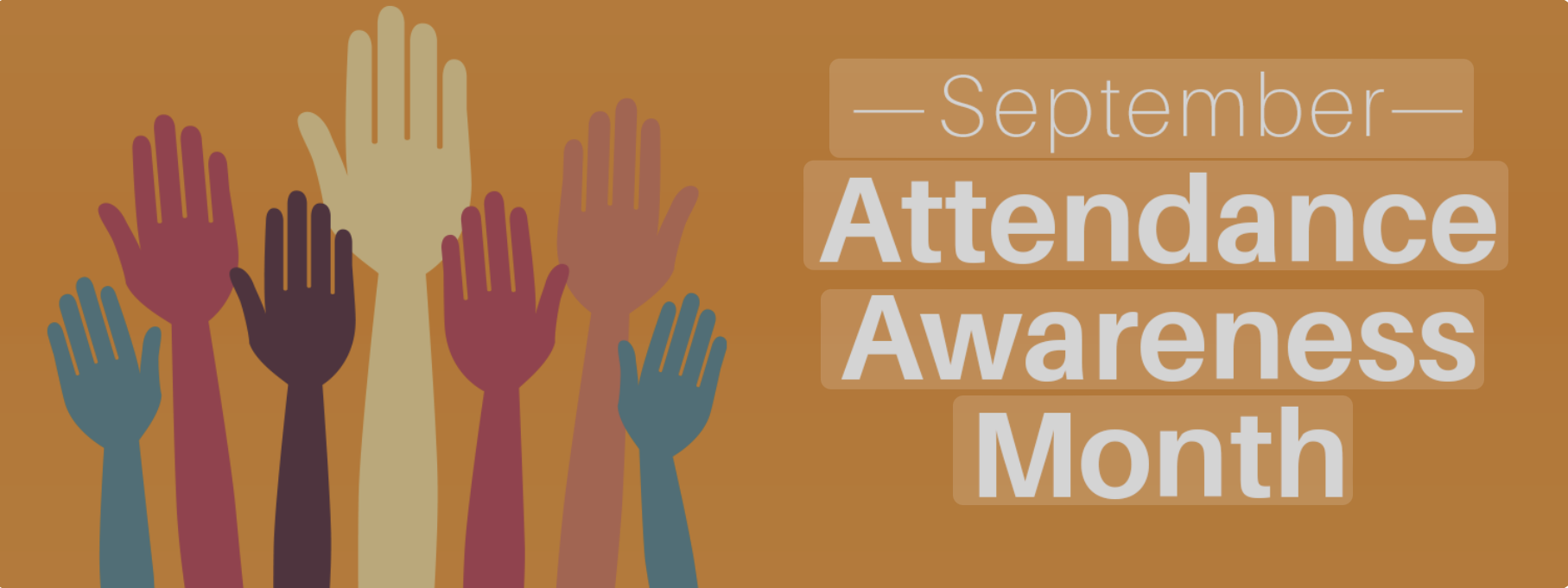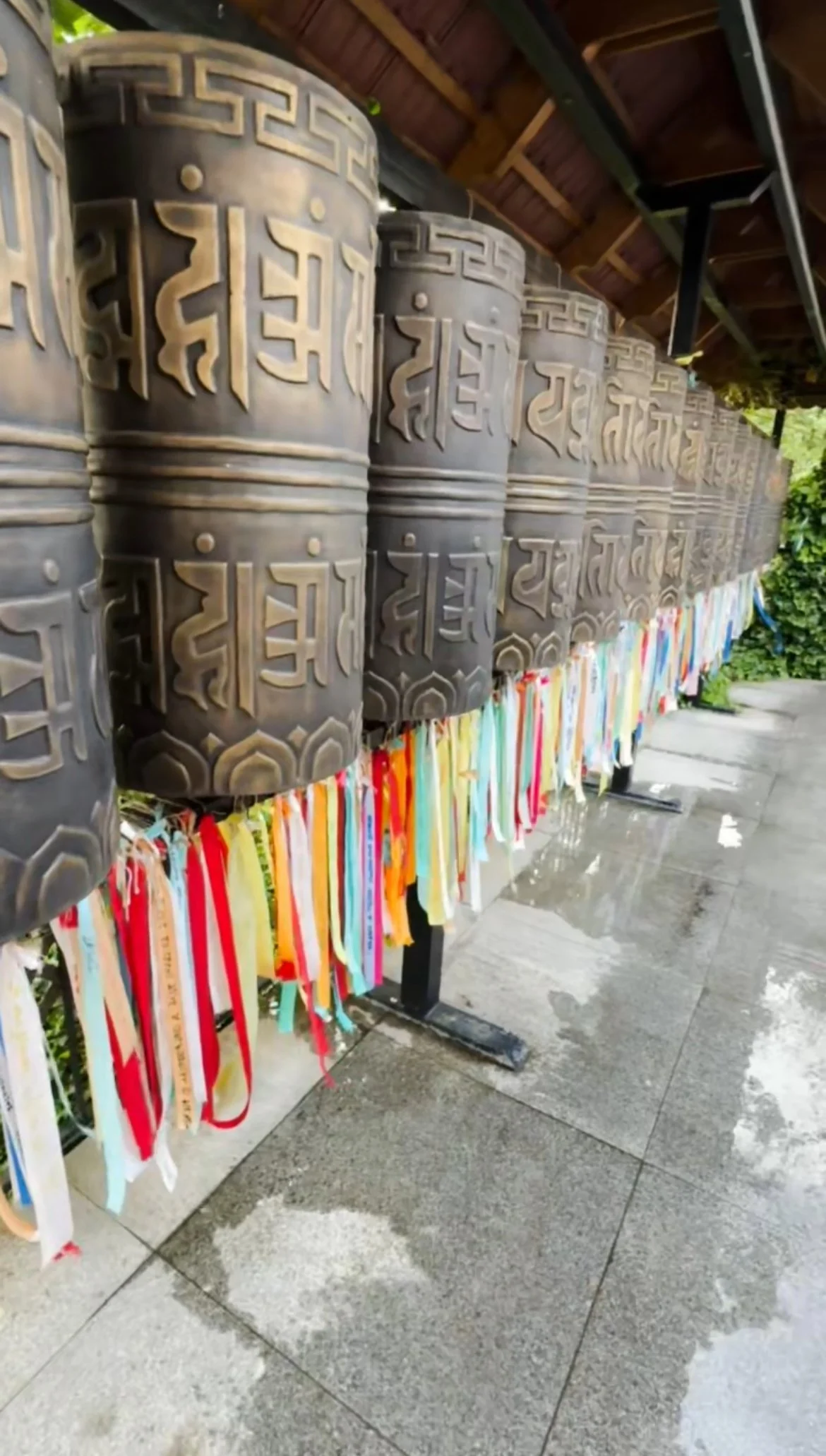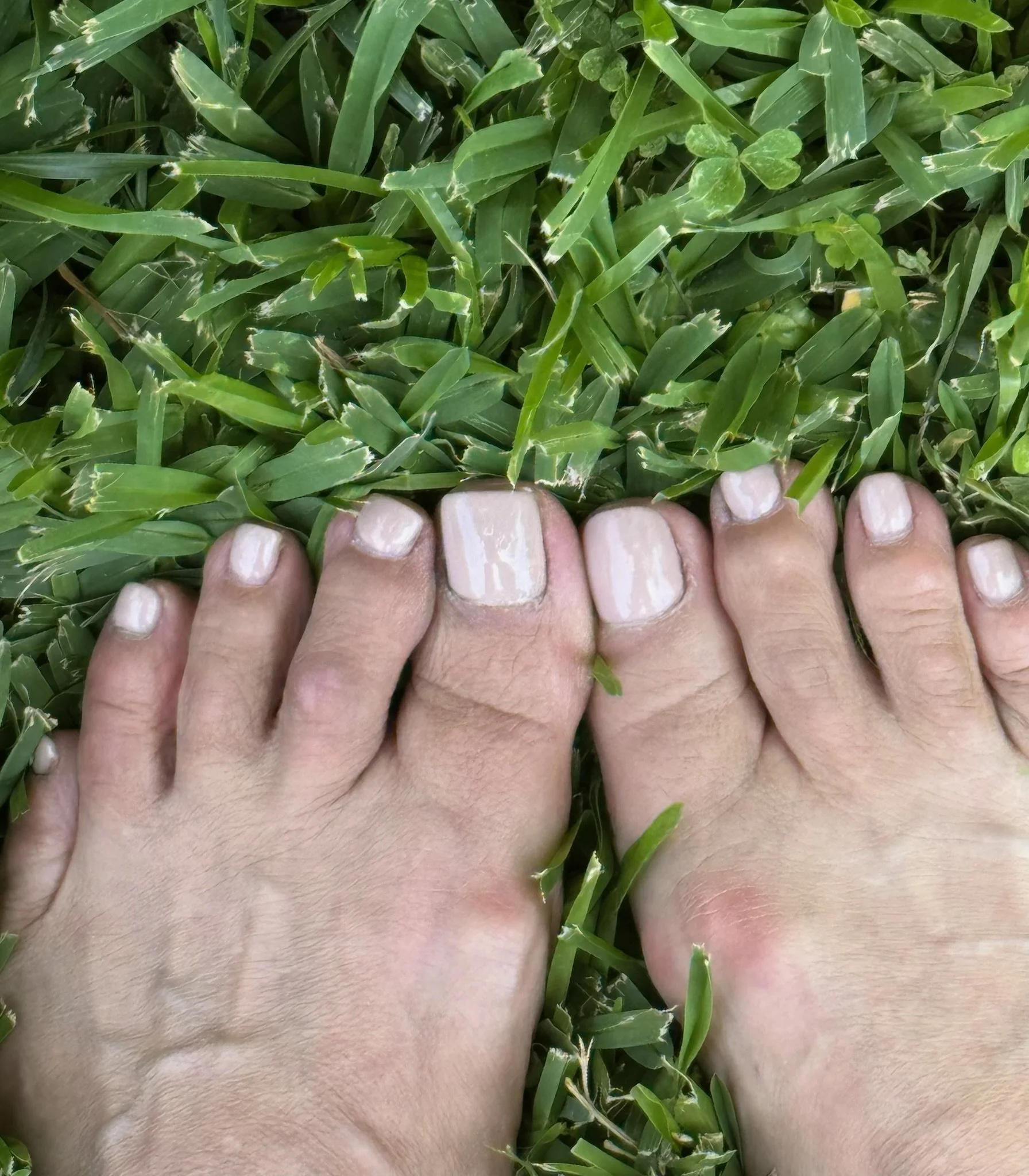Welcome to Thought Pieces
This is where we share our reflections, op-eds, and insights on the challenges and possibilities within education, equity, wellness, and systems change. At Spaerca Group, we don’t just consult—we think deeply about the work. These thought pieces are a window into the questions we’re asking, the experiences we’re learning from, and the bold ideas we believe are worth sharing.
When Profit Outweighs Public Good, Students Pay the Price
On September 18, Dr. Tyler Johnson, a clinical associate professor of medicine at Stanford, wrote in the East Bay Times that “Silicon Valley needs to address its role in Charlie Kirk’s killing.” His words are a sobering reminder: social media platforms are not neutral. They are built on profit-driven algorithms that thrive on outrage, obsession, and division. In rare but devastating cases, like the young man who killed Charlie Kirk, those forces spill into real-world violence.
For those of us working in education, this warning lands close to home. Students today are immersed in the same digital currents, only at a much earlier, more vulnerable stage of life. And while most will never spiral into violent extremism, the daily harms are plain to see. According to a 2024 report from Common Sense Media, teenagers spend an average of more than seven hours per day on screens, with social media comprising a significant portion of that time. The psychological impact is tangible: studies link heavy social media use to increased anxiety, depression, and sleep disruption among youth.
Teachers notice it in students distracted and exhausted after nights spent scrolling. Counselors hear it in stories of online bullying, harassment, and social comparison that erode self-worth. Principals deal with conflicts that begin in group chats and ripple through entire schools. Attendance teams track the anxiety, depression, and absenteeism linked to digital stress. In short, schools are carrying the burden of harms created by platforms designed for profit, not for public good.
This is not about vilifying technology. Social media can connect, inspire, and inform. Students use it to discover new interests, build communities, and express creativity. But we must be honest about what drives the system: attention equals revenue. Algorithms don’t ask what content nourishes a young person. They ask what keeps them watching. And often, what keeps them watching is content that destabilizes mental health, amplifies division, or fuels comparison.
There are things schools and families can do. Digital literacy programs can help students understand how algorithms work, recognize manipulation, and encourage healthier online habits. Wellness programs can incorporate conversations about social comparison, self-esteem, and the pressures of digital life. Teachers can integrate lessons on media balance into the classroom. Parents can create safe spaces for dialogue rather than shame, modeling digital self-awareness themselves. But none of this is enough if platforms themselves remain designed to exploit vulnerabilities rather than protect them.
What would it look like if social media companies prioritized the public good? Imagine algorithms that elevated positive, educational, and creative content for youth instead of amplifying the most inflammatory. Imagine transparency around how content is recommended, so families and educators could better guide students. Imagine tech companies funding school wellness initiatives, not as charity, but as recognition of their role in shaping the lives of the next generation.
These are not far-fetched ideas. They are the minimum we should expect when innovation intersects with human development.
We cannot outsource the care of our children’s minds to systems built solely for profit. As Kurt Vonnegut once wrote, “Only well-informed, warm-hearted people can teach others things they’ll always remember and love. Computers and iPhones don’t do that. A computer teaches a child what a computer can become. An educated human being teaches a child what a child can become.” The stakes are too high. Schools and families are already stretched thin trying to protect students from forces far beyond their control. It’s time for Silicon Valley to carry its share of responsibility. For the sake of the children whose lives unfold both in classrooms and online.
November 2025
Building Resilience in the Face of Uncertainty
This month, I’ve been reflecting on resilience. Not the abstract kind, but the real, lived resilience I witness every day in students and families navigating impossible circumstances.
I recently learned about a woman who has taken it upon herself to help the young children of a close friend struggling with meth addiction. She’s working around the system, piecing together what she can, just to make sure these children are in school, safe, and learning. I also heard about a 14-year-old freshman who commutes two hours each day to attend the high school he believes will give him the best chance at success. His mother struggles with addiction and his father has spent time in and out of jail. And yet he shows up, determined to be present.
What fuels that kind of determination? Is it the connection to peers, a trusted mentor, or the sense of safety found inside the school walls? These questions stay with me because they remind me that resilience is not something we should expect students to build on their own; it is something we must coach, nurture, and scaffold for them.
Research supports this. A recent white paper from the Bay Area Geographic Leads Consortium, Addressing the Needs of Students Experiencing Homelessness During the COVID-19 Pandemic, highlights the barriers homeless and highly mobile students face. As one 12-year-old put it, “We used to live in an apartment. Then we moved in with another family, but mostly I ended up sleeping in the car. Now we’re in a shelter, with some other families. We move around a lot, but I always try to go to school. That’s where I’m supposed to be.”
The pandemic only intensified these challenges. It stripped away the connections students depend on and magnified instability. Students experiencing homelessness or foster care lacked a quiet place to learn, reliable internet, or even the technical support to navigate platforms like Google Classroom. Some districts had to combine foster youth liaisons and McKinney-Vento liaisons into one position, leaving staff stretched thin and students underserved. And even when resources were available, social isolation made it harder for students to connect with teachers, build trust, or form friendships.
Yet through all of this, many young people continued to show up. For them, school was not just a building—it was an anchor. The resilience it takes to keep moving forward in the face of such adversity is remarkable. But resilience like that is also fragile. It cannot be sustained without intentional support.
And here is where I want to pause and widen the lens. Because resilience is not only being tested among students—it is being tested among educators, too. The same report notes: “Teachers are exhausted from transitioning to distance learning, are missing human connection with their students and colleagues, and are experiencing their own traumas and family stresses related to the pandemic. The county now offers trauma-informed clinical care, encourages self-care strategies for educators, and offers a free Nurturing Community Zoom Series focused on enhancing personal wellness.”
On the surface, this may sound reassuring. But I can’t help but notice the gap between encouraging self-care and actually resourcing it. Telling teachers to “take care of themselves” without structurally reducing workloads, providing meaningful mental health support, or investing in sustainable staffing is like telling a student to “just try harder” when the barriers are systemic.
We cannot expect resilience to be built on empty tanks. Just as students need access to food, housing, and mentors, educators need access to real relief, professional support, and a system that honors their humanity. Resilience is not about asking individuals—whether they’re 12-year-olds in shelters or teachers in classrooms—to carry more. It is about building environments where they don’t have to carry it all alone.
So, how do we, as educators, leaders, and community members, build and sustain resilience? We start by removing barriers. That means ensuring access to basic needs like stable housing, food, and technology. It means investing in staff who can give McKinney-Vento and foster students the time and attention they deserve. It means treating educator well-being not as a personal responsibility but as an organizational commitment.
Most importantly, it means recognizing that resilience is not just about “toughing it out.” It is about equipping people—students and teachers alike—with the tools, relationships, and opportunities they need to thrive.
Every story I hear—whether it’s the two-hour commute, the child bouncing between shelters, or the teacher stretched beyond capacity—reminds me of what’s at stake. These are not abstract challenges. These are our students, our colleagues, our neighbors, our future. And if they are showing up with such fierce determination, the least we can do is meet them with equal determination to build systems worthy of their resilience.
October 2025
Why Attendance Awareness Month Matters More Than Ever
Every September, schools across California recognize Attendance Awareness Month. This isn’t just another symbolic campaign, it’s a call to action. Strong school attendance is one of the most powerful predictors of student success. Yet, too often, it’s overlooked as a critical equity issue.
Attendance doesn’t just matter for the individual student. It impacts the health of an entire school community. California’s longitudinal student data system, CalPADS, captures attendance data that informs everything from student academic growth to district accountability, state funding, and the effectiveness of local initiatives. When attendance rates improve, CalPADS reflects higher engagement, stronger academic outcomes, and a more accurate story of the resilience of our students. Conversely, chronic absenteeism inflates equity gaps, disrupts learning continuity, and paints an incomplete picture of student potential.
So how do we move beyond the “counting days present” mindset toward creating conditions where students want to show up every day?
Three Tips for Re-Engaging Students with Poor Attendance:
Personalized Outreach: A phone call, text, or home visit from a trusted adult can go further than an automated message. Students and caregivers need to know they’re noticed, missed, and valued. Welcome students back to school with warm greetings like “We’re glad you’re here!” or “We missed you.”
Student-Centered Supports: Address barriers such as transportation, health concerns, or family responsibilities. Partner with families and caregivers, or Educational Liaisons from your County Office of Education, to problem-solve, rather than penalize. Hold restorative School Attendance Review Team (SART) meetings. Assign attendance mentors and coaches. Create a site-based attendance task force, whose job it is to track students attendance and intervene early. Build relationships with students and caregivers, by holding community circles and active listening sessions.
Meaningful Connections: Encourage mentoring programs, peer leaders, or restorative circles to give students positive relationships at school. A connected student is an attending student.
Beyond these direct strategies to re-engage students, schools can strengthen attendance by investing in broader initiatives and culture shifts.
Running an Attendance Awareness Campaign
This Attendance Awareness Month, schools can spark momentum with visibility campaigns that highlight the power of showing up. Post daily attendance shout-outs on social media, create healthy and fun competitions between grade levels or classrooms, and share family-friendly messaging that frames attendance as a community-wide commitment. The key is to celebrate small wins — recognizing even incremental improvements helps shift the culture.
Reducing Chronic Absenteeism
Early Identification: Don’t wait until a student has missed 10% of school days. Intervene when patterns emerge early.
Remove Barriers: Provide transportation support, flexible scheduling, or wellness resources that help students overcome challenges outside the classroom.
Shift from Punitive to Restorative: Replace truancy letters and penalties with proactive conversations that build trust.
Training: Ensure legislation and education code that relates to new and innovative ways to recover student attendance is shared with attendance clerks and staff.
Improving School Culture and Belonging
At its core, chronic absenteeism is a reflection of how students feel about their school environment. To turn the tide:
Build Relationships First: Teachers and staff should know students’ names, interests, and stories. Display student pictures and contributions as your enter the school reception area. Celebrate cultural leaders who promote respect, equity, and collaboration.
Create Welcoming Spaces: Wellness centers, student clubs, and cultural celebrations foster belonging. Plan a ‘Ruby Bridges Walk to School Day’ in November.
Elevate Student Voice: Involve student voices in decisions about school events, campaigns, and classroom practices. When they feel ownership, they’ll show up.
As we honor Attendance Awareness Month this September, let’s remember: attendance isn’t about compliance — it’s about connection. By investing in culture, belonging without othering, and community partnerships, schools can ensure that CalPADS data tells a powerful story — not of absences, but of resilience, engagement, and opportunity.
Because every day a student shows up is another step toward their future.
September 2025
Back to School: 10 Ways to Start (and Stay) Strong
Across California, August marks a major transition—kids swapping swimsuits for backpacks, families adjusting alarms, and classrooms buzzing to life. Whether your school year started last week or you’re counting down the final days of summer, now’s the perfect moment to set the tone for a joyful, supported year.
Here are 10 ways to start (and keep) the year strong.
1. Talk About Feelings, Not Just Logistics
Before diving into homework or schedules, check in on emotions. Excited? Nervous? Curious? Making space for feelings builds resilience and helps kids adapt to change.
2. Identify “Your People” at School
Help your child name their support circle—kind friends, trusted adults, or anyone who makes them feel safe and seen. Relationships are what keep kids connected to school.
3. Build (or Strengthen) Social Bridges
If school hasn’t started yet, set up device-free meetups. If it has, keep nurturing friendships with after-school playdates or weekend hangouts.
4. Create a Routine That Grounds, Not Rushes
Start or fine-tune bedtime and morning rituals. Keep mornings calm and connection-focused—share breakfast, chat in the car—so kids feel anchored.
5. Make Nutrition Part of the Plan
Involve your child in packing lunches or choosing breakfasts. When kids have a say, they’re more likely to fuel their bodies and brains well.
6. Plan for Play, Not Just Productivity
Create and maintain time for art, music, sports, or free play. Joy is a critical part of learning and growth.
7. Choose 1–2 Intentional Extracurriculars
More isn’t always better. Pick activities your child is truly curious about and leave room for rest.
8. Set Screen Time Boundaries Early
Agree on when, where, and how screens are used during the school week. Protect time for reading, daydreaming, and real-world connection.
9. Collaborate with Other Parents
Build your village—share rides, trade tips, or team up for homework help. Support makes everything easier.
10. Keep the Focus on Connection Over Perfection
The goal isn’t a flawless routine or the perfect backpack—it’s a school year grounded in belonging, curiosity, and care.
#BackToSchool2025 #BackToSchoolTips #SchoolYearSuccess #StudentSuccess #TeacherLife #EducatorLife #EducationMatters #EdLeadership #SchoolCommunity #SpaercaGroup
August 2025
This July, Educators Deserve Rest: A Love Letter to Self-Care
By Mel Rubio.
For those who work in schools—educators, counselors, support staff, admin teams, service providers—July is often the first full breath you’ve taken in months. After another year of showing up for students, families, and communities—often through exhaustion and ever-growing expectations—this moment is yours.
July is Self-Care Month, and July 24 is International Self-Care Day. So, here’s a gentle but firm reminder: you are not just allowed to rest, you need to rest. Not just to recharge for the next school year, but because your humanity matters, too.
Start with grounding.
Find a patch of green. Take your shoes off. Let your bare feet press into the earth. Close your eyes. Breathe slowly. Imagine roots growing from the soles of your feet into the soil. Let that connection bring you back to the present—back to yourself. You’ve held so much this year. Let the ground hold you for a while.
Reconnect with joy and your people.
Invite a few trusted folks to a coffee klatch—virtually or in person. Choose people who make you laugh, who listen deeply, and who don’t need you to perform. Share a warm drink and conversation that doesn’t revolve around lesson plans, staffing shortages, or policies. Listen without trying to fix. Laugh without apology. This is healing.
Let nature be your co-regulator.
Take a walk, hike up a hill, dip your feet in the ocean, sit beneath a tree. Watch birds or feel the wind. Nature offers calm, regulation, and rhythm when everything else feels chaotic. Let yourself be quiet long enough to feel it.
Try stillness. Try sound. Try sleep.
Starting a meditation practice can feel daunting, but it doesn’t have to be. There are countless free or low-cost guided meditations available online. Sound baths, sleep playlists, and breathwork practices can help quiet your nervous system after a year of overstimulation and hyper-responsiveness. You’ve been “on” for so long—let yourself turn “off.”
Move because it feels good—not because you have to.
Whether it’s walking, dancing, swimming, yoga, lifting, or stretching—any form of movement is medicine. There is no gold star for doing the hardest thing. The best exercise is the one that leaves you feeling more connected to your body, not punished by it.
Make something delicious.
Try a new recipe. Cook something slowly. Use your hands. Play music. Let food be more than fuel—let it be joyful and creative. Nourishment can be one of the simplest ways to practice care.
And most importantly: unplug.
You don’t need to answer every message. You don’t need to read every headline. Give yourself permission to put the phone down, turn off the laptop, and just be. Even if it’s just for an hour a day. Stillness is a radical act in a system that constantly demands your energy.
To everyone who holds space in education: thank you. This July, may you hold space for yourself.
You are worth the rest. You are worth the care.
July 2025
Reflections on the 2024–2025 School Year: A Call for Care, Clarity, and Collective Strength
Reflections on the 2024–2025 School Year: A Call for Care, Clarity, and Collective Strength
By Mel Rubio
As we close out the 2024–2025 school year, the weight of the moment is hard to ignore. Across classrooms, district offices, community organizations, and homes, we’ve witnessed a year shaped by political turbulence, persistent inequities, and a growing sense of emotional exhaustion. And yet—within that hardship—we’ve also seen flickers of progress, powerful moments of connection, and an unwavering commitment to making education a space of possibility and care.
This year, several themes have emerged with striking clarity. Student engagement continues to recover post-COVID, but it’s far from a smooth trajectory. Many young people are still navigating unprocessed grief, anxiety, and instability, and it shows up in attendance, classroom participation, and the emotional tone of schools. Educators and administrators are being called on not only to teach and lead but also to hold space for collective trauma, even as they manage their own.
Creating cultures of care has never felt more urgent—or more difficult. The national political climate has spilled into our local schools in increasingly direct and harmful ways. From book bans and anti-DEI rhetoric to the criminalization of immigrant families, schools have become battlegrounds. And yet, we’ve also seen courageous responses: educators refusing to abandon inclusive practices, students demanding mental health resources, and school leaders working quietly and steadily to maintain safe spaces in the face of external pressure.
The reality is, many of us in education feel under attack. Federal funding is on shaky ground. Student enrollment is declining in many districts. Many districts still struggle with chronic absenteeism. Initiative fatigue is real, as schools are asked to implement more programming with fewer resources and dwindling support. Emotional dysregulation—among students, families, and service providers alike—is rising. And still, we persist.
So where are we making progress?
Progress is happening in the small, often invisible acts of care: a principal carving out time for community dialogue, a teacher revising curriculum to include marginalized voices, a district investing in trauma-informed professional development. It’s happening in the partnerships between schools and community organizations that step in to support newcomers to this country—families who are frightened, vulnerable, and too often ignored by traditional systems. These efforts matter. They are seeds of systemic change.
But let’s be clear: the urgent needs remain. Our schools need more than inspirational rhetoric. They need meaningful support—technical assistance to implement initiatives well, infrastructure to care for staff wellness, and culturally competent spaces for students navigating fear, uncertainty, and displacement. They need policies rooted in justice and practices driven by humanity.
At Spaerca Group, we believe this work cannot wait. If we are to build education systems that are resilient, relevant, and restorative, we must resource them accordingly. That begins with listening deeply to those close to the work and investing in the collective capacity to care—for students, for educators, and for one another.
Let’s move forward with courage and clarity. The next school year will come soon enough—and with it, the opportunity to continue the work of transformation.
At Spaerca Group, we are committed to showing up alongside educators, families, and community leaders who are doing the hard, necessary work of reimagining public education. We invite you to walk with us—explore our newly revamped website at www.spaercagroup.com, follow us on LinkedIn, and join the conversation on Instagram @spaercagroup_wellness. Together, let’s build systems rooted in care, clarity, and collective strength. The work continues—and so do we.
June 2025






